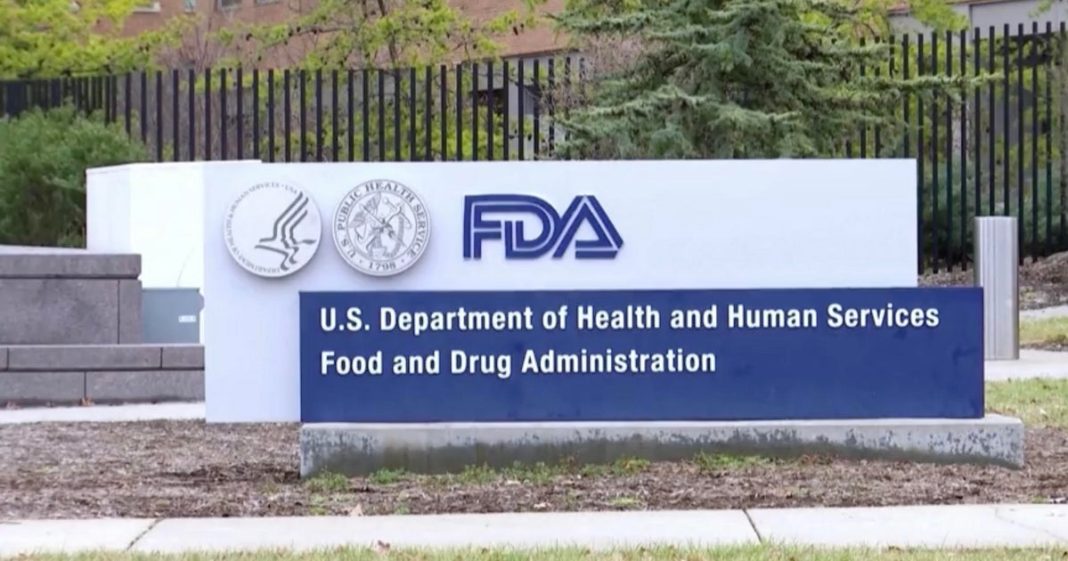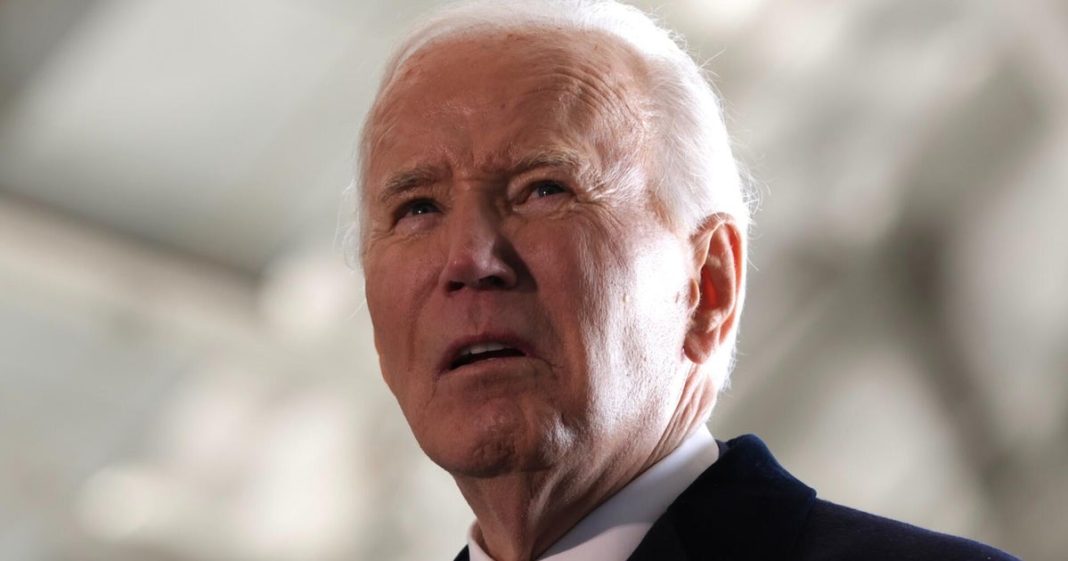The Food and Drug Administration says it has decided to continue approving COVID-19 vaccine updates for seniors and others at higher risk of severe disease, but will require vaccine makers to conduct major new clinical trials before approving them for wider use. The decision means many Americans without underlying conditions may not have access to updated shots this fall.
“I think we have to admit to ourselves that America is deeply divided on the policy issue of repeat COVID-19 vaccine doses or boosters,” Dr. Vinay Prasad, the FDA’s new top vaccines official, said in a video posted by the agency announcing the change.
Details of the new rules for COVID-19 vaccine approvals were also outlined in an article published by The New England Journal of Medicine, authored by Prasad and FDA Commissioner Dr. Martin Makary.
Vaccine manufacturers will need to conduct “randomized, placebo-controlled trials” before the FDA will approve future applications to give shots to “all healthy persons” between the ages of 6 months and 64 years old, they wrote.
Otherwise, companies will only be able to get their routine COVID-19 vaccine updates approved for seniors as well as people with an underlying medical condition, like pregnancy or diabetes, that increases the risk of severe disease.
“The range of diseases in the CDC definition of high risk of severe disease is vast, including obesity and even mental health conditions such as depression. Estimates suggest that 100 million to 200 million Americans will have access to vaccines in this manner,” they wrote.
Vaccine makers are being urged to run new randomized studies in adults between the ages of 50 and 64, where they believe the balance of benefits and risks is uncertain. Prasad said they are also encouraging new trials in children under 5.
“I think we have a really good balance between vulnerable people, that people still at high risk will still have a rapid path to access, but people at average risk and low risk, they need evidence,” said Prasad.
Makary and Prasad criticized the U.S. for adopting “a one-size-fits-all regulatory framework” to grant broad authorization for past COVID-19 vaccine boosters in the past, and cited poor uptake of past annual COVID-19 booster shots.
They also pointed to other developed countries that have already limited annual COVID-19 vaccine boosters to only older adults and those with underlying conditions that increase their risk of severe disease.
“The U.S. policy has sometimes been justified by arguing that the American people are not sophisticated enough to understand age- and risk-based recommendations. We reject this view,” they wrote.
The new “regulatory framework for COVID-19 vaccination” laid out by the FDA’s new leadership under Health and Human Services Secretary Robert F. Kennedy Jr. comes ahead of a key meeting of the agency’s outside vaccine advisers this Thursday, to decide on how to update the strain used in next season’s shots.
In recent years, the FDA has greenlighted those updates in a process similar to the annual flu shots, based largely on laboratory data showing the vaccines can trigger antibody levels similar to previously approved shots.
That is a lower bar than requiring brand new randomized trials of the vaccines tested against a placebo to show it prevents symptomatic disease — a process which is usually only required for new shots when there is no currently approved immunization available.
But Makary and Prasad said COVID-19 shots should be held to a different standard, citing differences in how the virus mutates and the immunity offered by vaccines and previous infection.
“Ultimately, these studies alone can provide reassurance that the American repeat-boosters-in-perpetuity strategy is evidence-based,” they wrote.
It is unclear whether and when vaccine makers would be able to conduct these kinds of trials, if they wanted to try again for a broader approval from the FDA. Makary and Prasad floated the possibility of trials as soon as the coming months.
“Covid-19 has summer transmission that can facilitate the conduct of randomized studies that continue to apply in future time periods,” they wrote.
Prasad said interim results from some of the studies could be ready “by next calendar year.”
Pfizer said it is “evaluating the details shared today” and is in ongoing talks with the FDA. The company said its shots had been administered to over a billion people, including kids, showing favorable safety data.
“We stand by the science behind the Pfizer-BioNTech COVID-19 vaccine and continue to believe that broad vaccination programs are an essential tool for helping to prevent COVID-19-associated hospitalizations and severe disease, including death,” Pfizer spokesperson Steven Danehy said in a statement.
Moderna spokesperson Chris Ridley said they “appreciate the FDA’s clear guidance and remain committed to working with the Agency to provide the data they need to ensure access for Americans.”
A Novavax spokesperson declined to comment. Novavax earned a narrow FDA approval over the weekend for its COVID-19 vaccine, which was limited to seniors as well as adults and adolescents with at least one underlying condition.
While U.S. health care providers are usually allowed to administer vaccines with FDA approval “off-label” outside the limits laid out by the agency, a narrower approval can affect access and limit insurance coverage for the vaccinations.
It comes as the Centers for Disease Control and Prevention has also been weighing narrowed recommendations for the shots.
The CDC’s recommendations directly impact which vaccinations health insurers are required to cover under the law.




